Movies Like My Neighbor Totoro (1988)
Places evoke certain emotions, but even the most rundown, cramped projects feel special when they’re home. We Grown Now is set in Chicago’s Cabrini-Green public housing complex, an area that was notorious for its crime and poverty, but to Malik and Eric, it’s a place where they became friends. The friendship they share leads them […]
Witches begins as an innocuous exploration into witchery: how they’re depicted and why they’re alluring. Director Elizabeth Sankey builds an amusing collage of witches from films like The Craft and shows like Bewitched. At this point, you expect it to go a certain way–it resembles the many documentaries that are delightful yet detached, educational yet […]
For people having difficulty bearing a child, artificial insemination is one way to go for parenthood, but going to sperm banks can be expensive, shrouded with too much anonymity, and have had many incidents of malpractice. Some people would rather take things into their own hands. Spermworld explores the journeys of three different internet sperm […]
The Boy and the Heron isn’t Hayao Miyazaki’s best film, nor is it his most accessible, seeing as the director himself has admitted to getting lost in the world he’s built here. But it is his most personal film to date (apparently he’s out of retirement!) and consequently, it’s one of the most complex Ghibli […]
Biographical documentaries tend to depict exceptional people– people who are so great that everyone wants to know about them, and people who are so terrible that they serve as a warning. Great Photo, Lovely Life depicts a serial sexual abuser in photojournalist Amanda Mustard’s family, able to get away with nearly all his crimes each […]
It’s hard not to watch The Unknown Country and think of Nomadland: along with similarities in their Terrence Malick-inspired visuals, both films follow lone women seeking catharsis on the road as they grieve profound losses. But Morrisa Maltz’s debut feature is a decidedly lower-key, more spiritual affair — and is all the better for it. […]
A young bisexual woman attends a shiva, caught between her parents and their expectations, her ex, and her sugar daddy. Rachel Sennott’s Danielle is yet to find her path in life and everyone is determined to remind her of that. Taking place almost entirely in real-time, the film’s sharp wit is contrasted with constant anxiety, […]
Inspired by the Spiniak case, Blanquita reimagines the infamous scandal through mirrored interrogations and disorienting viewpoints. Blanquita rewrites the original witness, whose fictional variant, in turn, rewrites the abuse faced by victims as her own. She is transformed from a clueless liar, into someone still a liar, but one that did so when every other […]
With an urgent subject and plenty of that trademark Netflix polish, Bhakshak is nothing if not watchable and consistently engaging. However, for all of its motivated performances and high production values, there actually doesn’t seem to be much that happens in the film by way of investigation or character development. Much of the plot seems […]
If you’ve seen the bone-chilling Oscar-winning film The Zone of Interest, then The Commandant’s Shadow isn’t just supplementary but necessary viewing. It interviews and interrogates the son of SS officer Rudolf Höss, who describes his childhood in Auschwitz as “idyllic,” and parallels his life with that of an Auschwitz survivor and her family. They’re not […]
Beautifully staged, vibrantly colored, and powerfully acted, Brother is an instant classic of a film. It tracks three timelines: Francis and Michael’s childhood, their coming of age in high school, and the present day, where we learn that Francis has long been dead, although we don’t find out how till much later in the movie. […]
There are some connections that transcend definition, becoming more important and fundamental to one’s life than that of a romantic relationship. Not many people are lucky to have experienced it, but nevertheless it’s true. Soulmate is the Korean adaptation of the 2016 Chinese directorial debut, and while it’s faithful to the source material, there’s a […]
Based on a true story, Darin J. Sallam’s controversial debut feature Farha is, at heart, a brutal coming-of-age film. Set in 1948, the film is about a girl who gets locked into her family’s storeroom at the start of the Nakba, the Palestinian Catastrophe. Sallam’s choice to limit most of the film’s perspective to that […]
Call Me Kate isn’t as much of a revelation as the star it’s portraying, but of course, it’s still lovely to talk about the incredible Katharine Hepburn. Revealing new footage from one of Hepburn’s close friends, and contextualized with interviews with some of the few remaining people that were close with her, the documentary goes […]
Less a documentary on Johannes Vermeer himself and more about the art scholar’s mission to study ideas of beauty and aesthetics from various perspectives, this documentary successfully takes an admittedly very esoteric subject and makes it compelling. Director Suzanne Raes easily gets to the essence of the complex questions and insights that these Vermeer experts […]
With elaborate sets, musical numbers, and an ensemble cast, Aachar and Co doesn’t feel like a regular budget-bound debut feature. In fact, director Sindhu Sreenivasa Murthy, who also stars as Suma, pulls off this family drama with a whimsical yet period-accurate, Wes Anderson-esque style. This style keeps the film’s nostalgic and lighthearted tone, even as […]
There is so much simmering under the surface of Monica. When her mother Eugenia (Patricia Clarkson) falls gravely ill, the titular character (played by Trace Lysette) returns home for the first time since being turned out as a youngster for her transgender identity. But whatever illness Eugenia has has addled her brain, and she seemingly […]
Despite what its title suggests, the real thrill of this documentary isn’t the mysterious 1998 robbery of a royal Austrian jewel, but the many other criminal escapades of Gerald Blanchard’s that are chronicled here. Blanchard, who appears on camera for much of the doc, remains cagey (for legal reasons) about how exactly he orchestrated the […]
This searing allegation of sexual abuse against Def Jam Recordings’ Russell Simmons unfolds with the intelligence and tenacity of a world-class prosecution. But more importantly, On the Record remembers to fight for a justice that’s restorative, too—paying proper tribute to Drew Dixon and many other equally creative and talented women behind the scenes in the […]
A fascinating kernel of certainty is padded out with giddy speculation in this documentary about a pair of unlikely art thieves. The facts are as such: 32 years after a $160 million painting by abstract artist Willem de Kooning was crudely cut from its frame in an Arizona gallery, a trio of small-town antique dealers […]
Mayor follows Musa Hadid, the mayor of the de-facto capital of Palestine, Ramallah, over two years as he tries to make his constituents’ lives better under occupation. With shootings, sieges, and a wide array of life-threatening situations taking place, his focus remains on cheesy Christmas decorations and funny city-branding attempts. The director follows the mayor […]
There is so much power to this story based actor Shia Laboeuf’s life. As a kid, he lived with his father on the road during the filming of Even Stevens and other star-making roles. His dad was a war veteran who goes to bikers’ AA meetings and who had a brief acting career himself. He […]
Logan Lerman (The Perks of Being a Wallflower) and John Hawkes (The Sessions) star in this easy road drama about a father who tries to rekindle with his son. After the mother passes away, they try to execute her dying wishes of spreading her ashes in her home country of Ireland. The son, Lerman’s character, […]
Surreal, strange, yet wondrous, Penguin Highway never takes a straightforward approach to its story. Penguins pop up out of nowhere, leading the nerdy and precocious Aoyama to study them via empirical observation and logical deduction. These studies don’t end up with a feasible explanation– in fact, by the final act, the film abandons all laws […]
This story of a filmmaker who stayed in Aleppo, Syria during the war, got married then had a child called Sama, is a mix of difficult and inspiring. There are stories of unsurmountable loss, as the filmmaker’s husband is one of the 30 remaining doctors in Aleppo (a city of almost 5 million), and she […]
A calm choir leader lives a secret life as eco-warrior in this visually stunning and intelligent story about our complex times. If you’re familiar with Icelandic movies, this one has just the right amount of that Icelandic quirkiness – making it a proper feel-good movie with a message. This is added to the superb acting […]
You may have heard about this 2019 critic-favorite from clips like this one of a kid running to flee the movie theater during a screening. “little billy ran the f**k out the door”, the caption reads. You will want to do the same. Recovering from losing her sister and her parents in a single incident, […]
The question mark in the title represents the central idea of this fascinating documentary: what if worshipping Satan is the only way of ensuring religious freedom for everyone? That’s what a group of young members known as The Satanic Temple believe, led by a determined and well-spoken Harvard graduate. They embark on a journey across […]
It’s 1994, and Seoul is facing massive, rapid changes. The unrest is reflected by a lot of its residents, including Eun-hee, a disaffected teen with a less-than-stellar home and school life. She manages to get by with the help of friends and lovers, that is until they change too, and Eun-hee is forced to grapple […]
This uplifting Canadian sports drama is based on a true story set in the remote Nunavut town of Kugluktuk. The small community has the highest teen suicide rate in North America, as it suffers from intergenerational trauma, and the resulting alcohol and drug abuse. A new young history teacher who is sent by the government […]
Better Days tells the story of Chen Nian, a quiet girl who starts experiencing bullying at her school after her classmate commits suicide for the same reason. But soon, she meets Xiao Bei, a teenage street thug who offers her protection. What starts as a melodramatic story at first becomes a gentle romance. Still, Better […]
Shot almost entirely in one take and on a tiny budget, and yet the central performance in this movie is still better than most big-budget dramas I’ve seen this year. Two indigenous women, one upper-class and the other impoverished, meet on the day that the rich one gets an IUD and the other one, pregnant, […]
If you grew up watching Mister Rogers’ Neighborhood, you may find yourself now humming along: It’s a beautiful day in this neighborhood, a beautiful day for a neighbor, would you be mine? Could you be mine? If you did not grow up watching this iconic children’s television program, you may still be familiar with its […]
This heartbreaking Russian drama takes place in Leningrad six months after the end of the war. A boy is asked to do an impression of an animal, any animal, but the boy stands still. “Just do a dog then”, one person says, to which another remarks “he’s never seen one, they’ve all been eaten.” In […]
A hot summer night, around 2 a.m. You’re outside talking with a close friend about life, happiness, and the human condition. That quality and depth of conversation, which you reach at best a couple of times a year is present throughout the 106 minutes of The End of the Tour. In the case of this […]
Get ready to cry your eyes out, scream in anger, but also rejoice at the powerful love that exists in our world. We will not spoiler the premise of this documentary and urge you not to do so yourself. Instead, we recommend watching it and prepare to be changed forever. Call it true crime if […]
























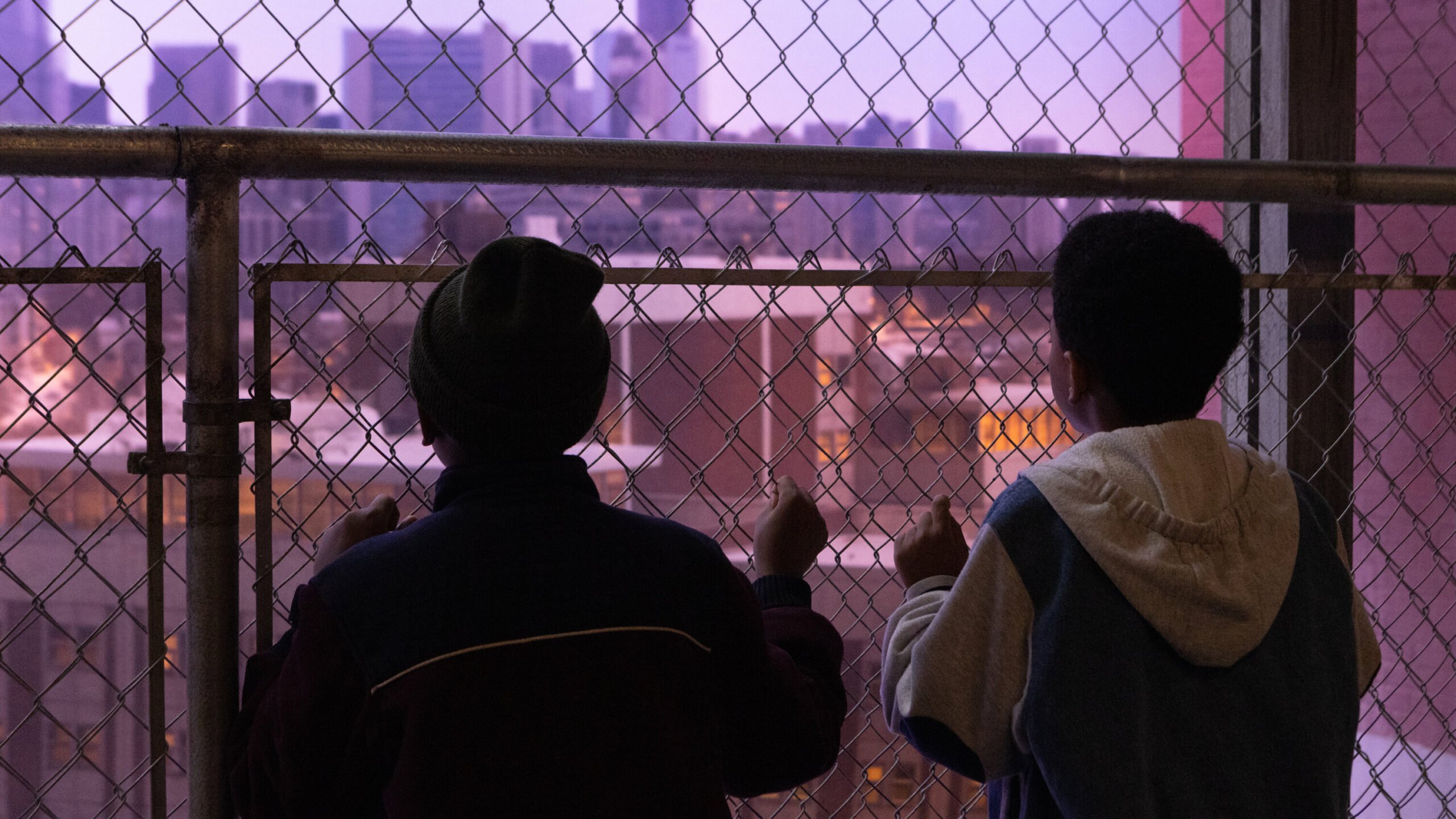
 x3
x3
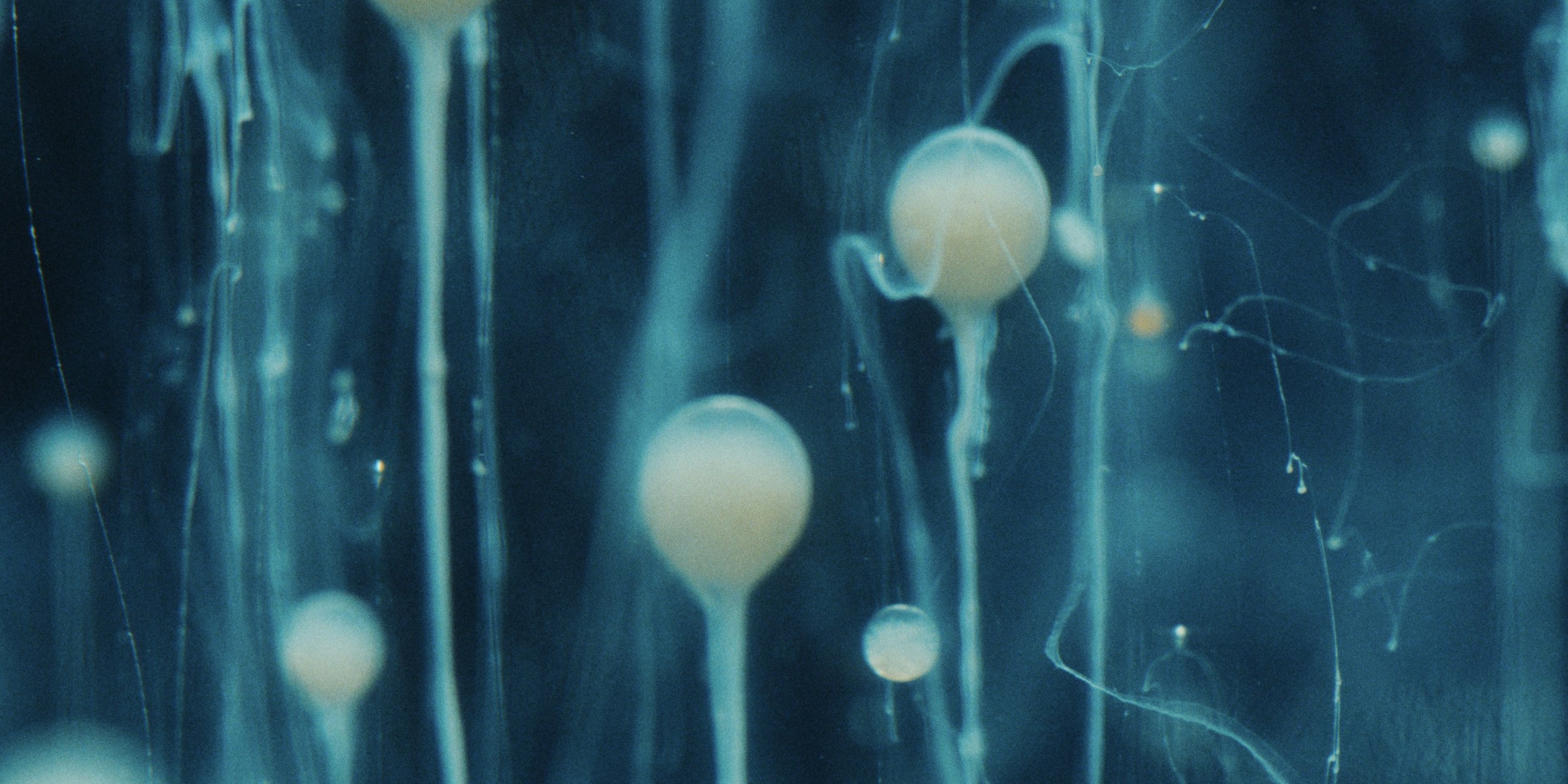
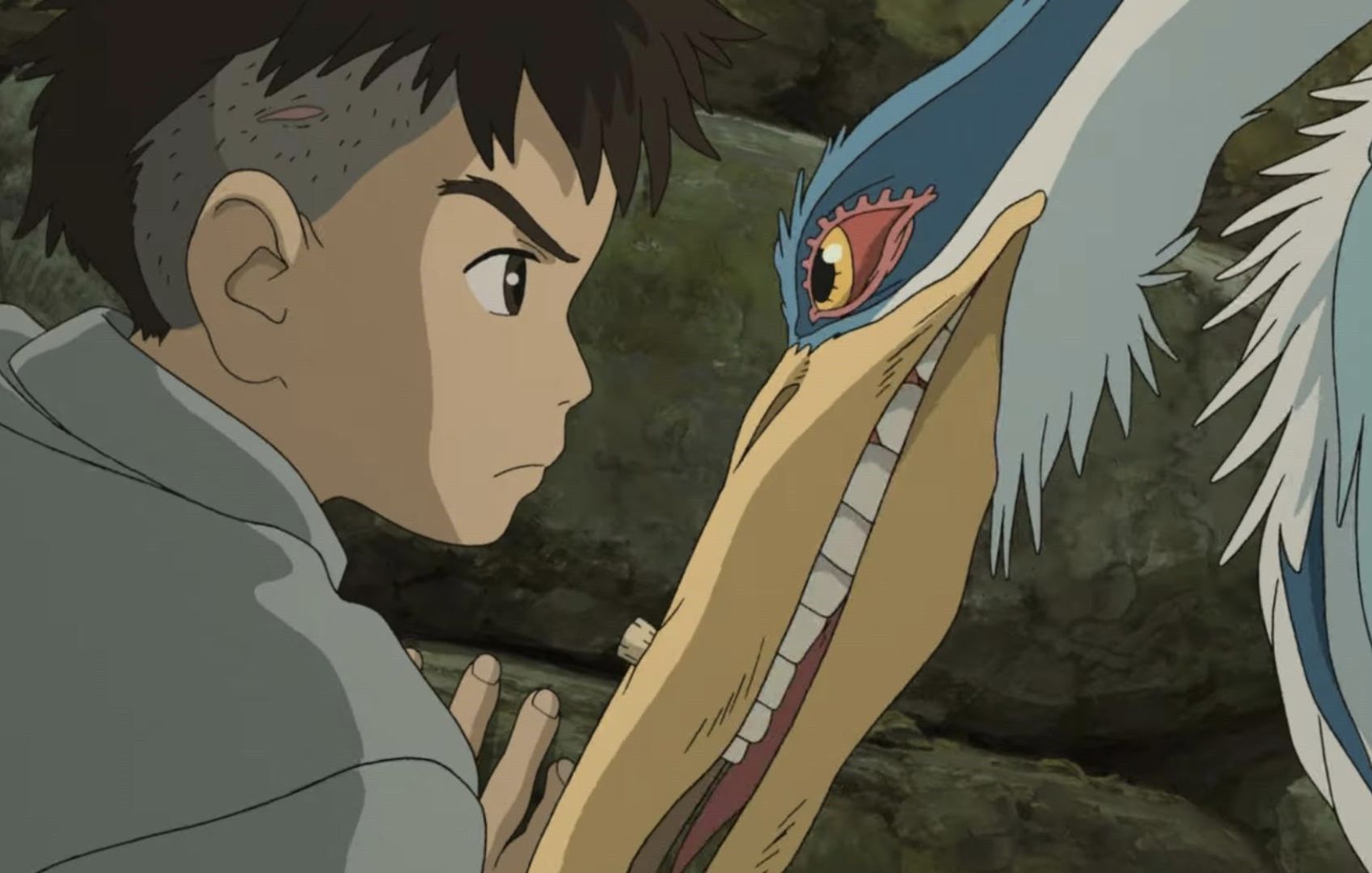
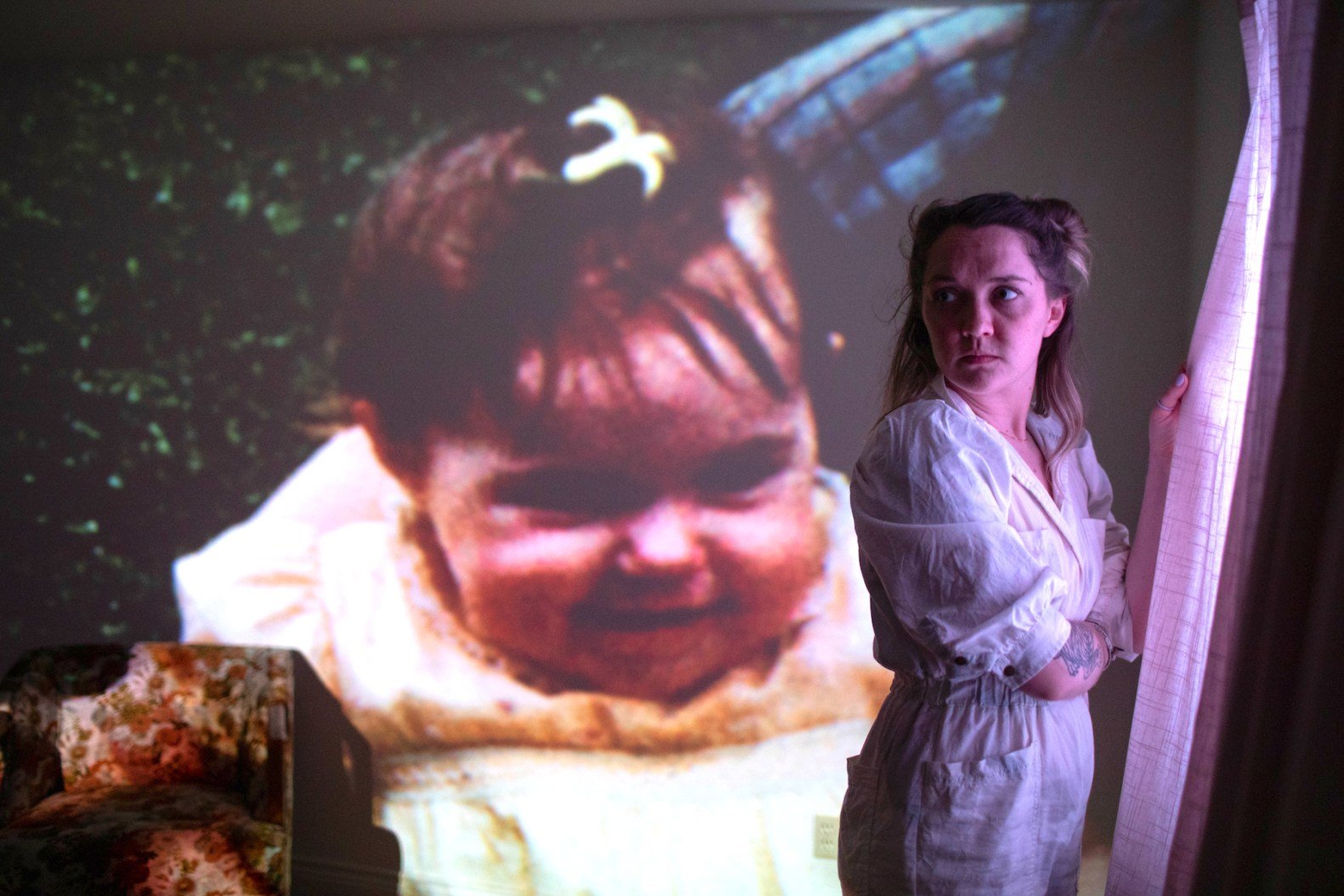
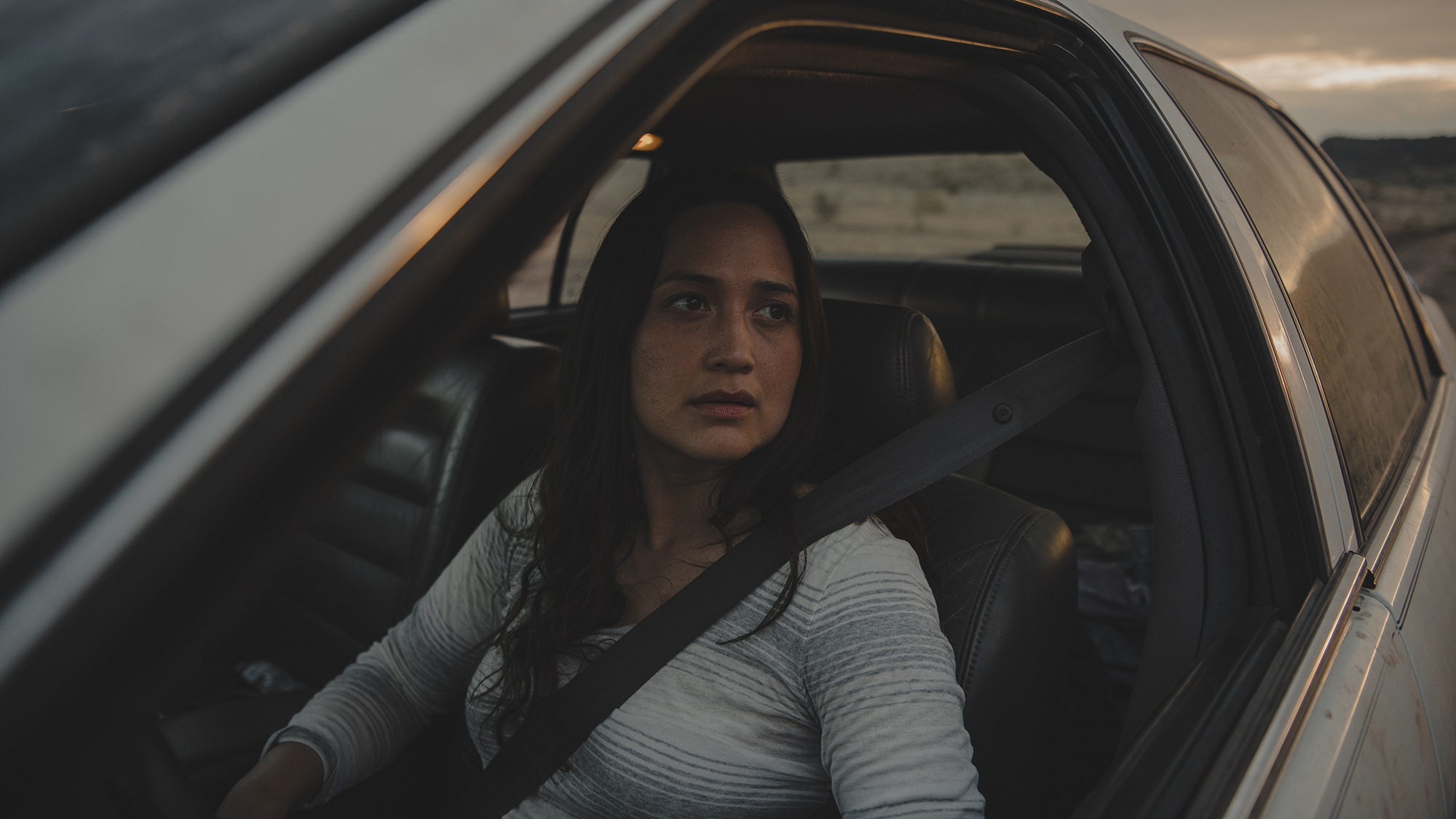
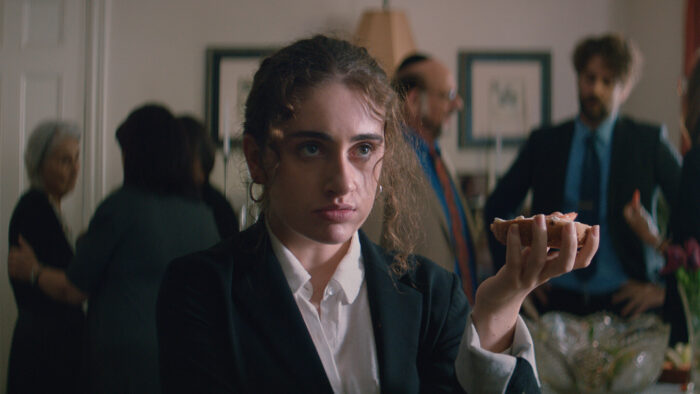
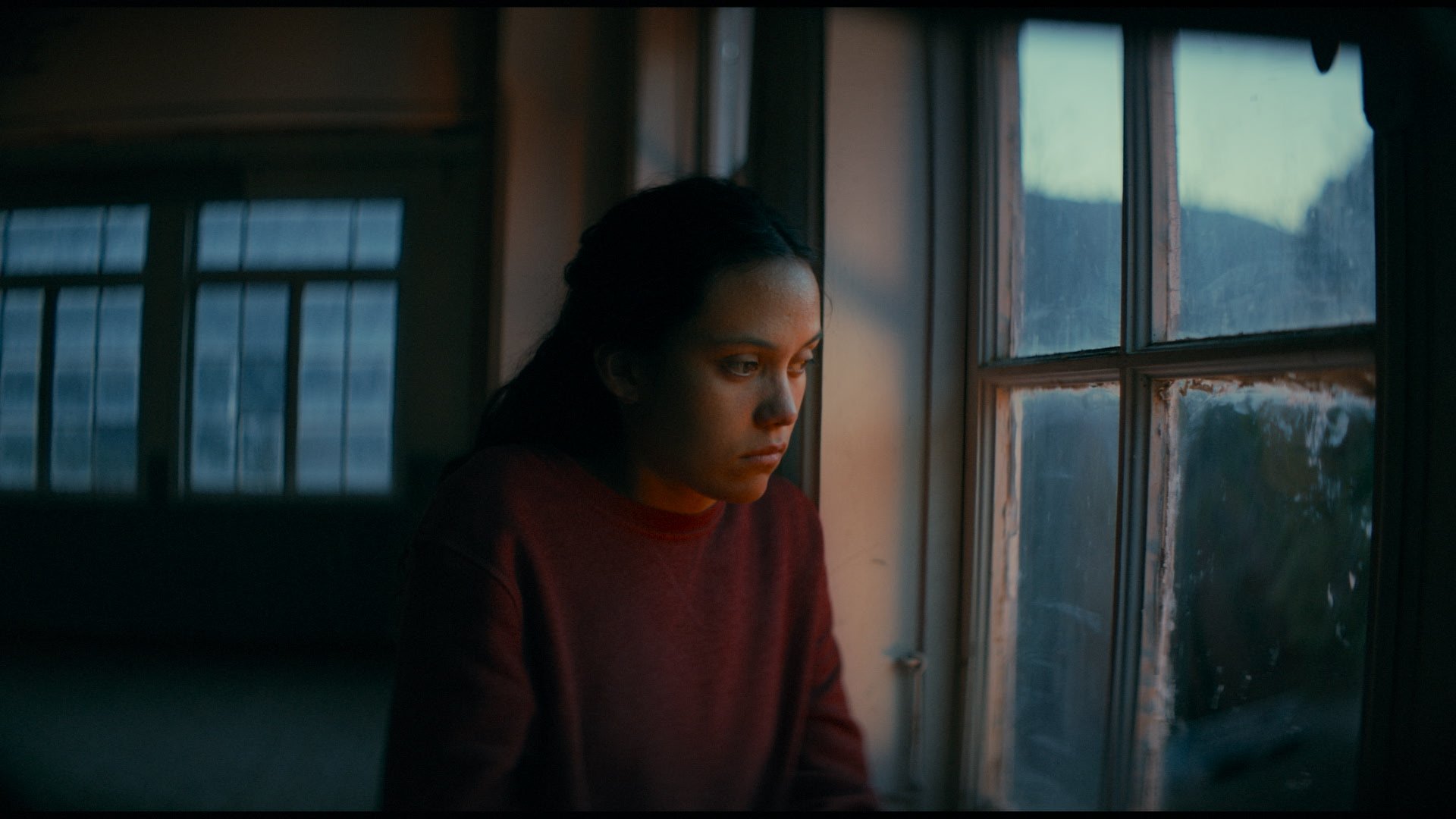
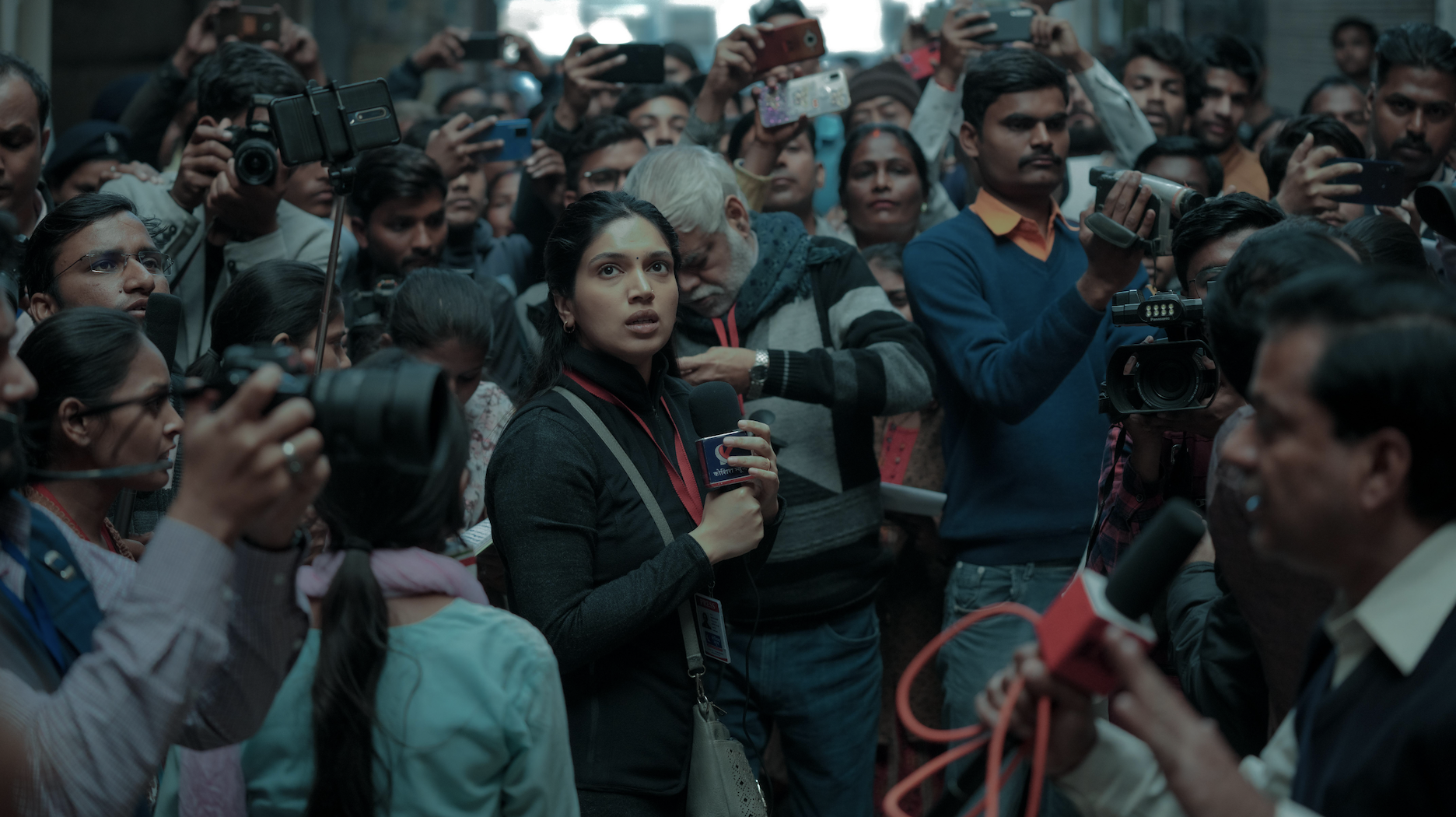

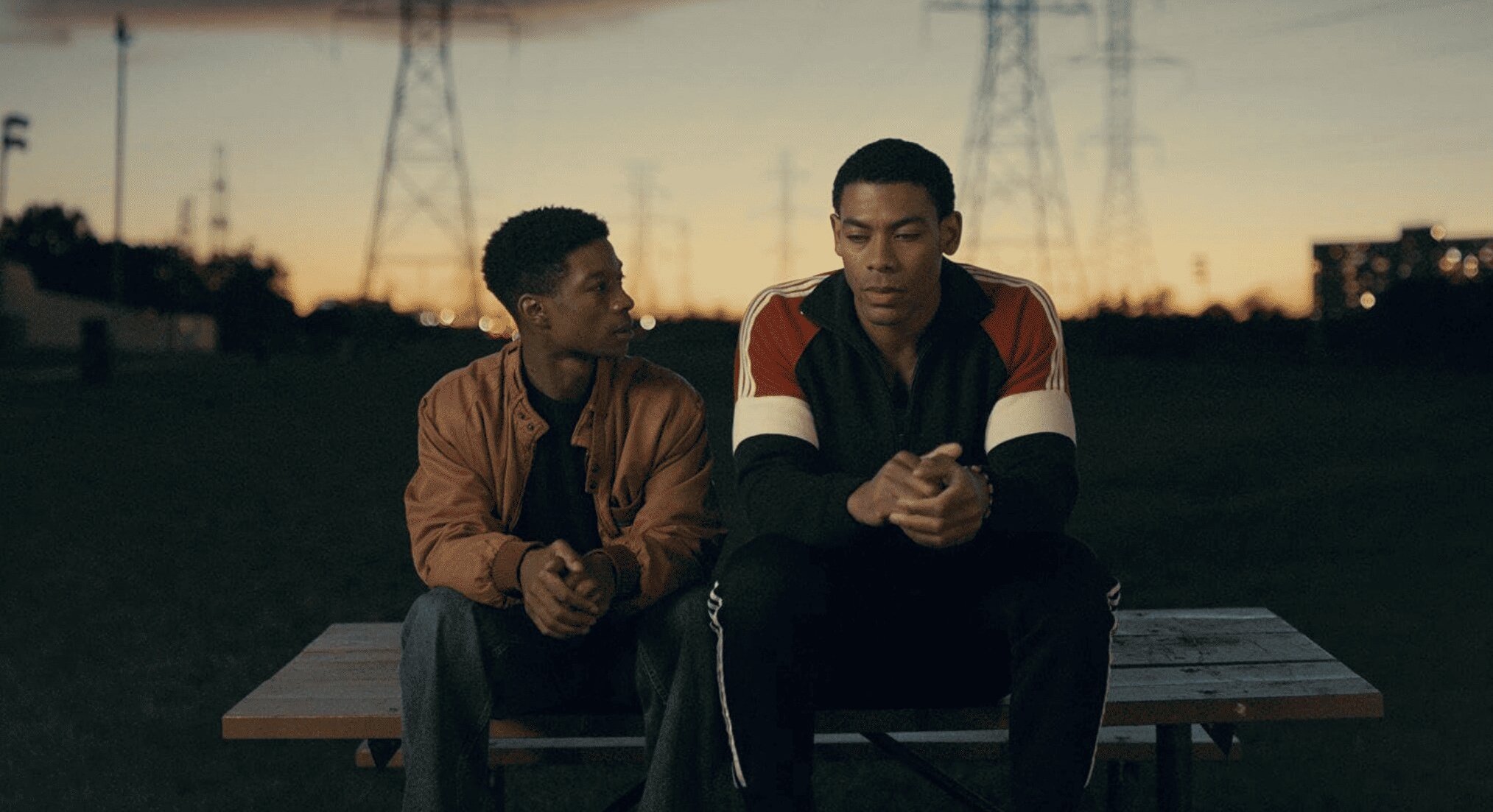
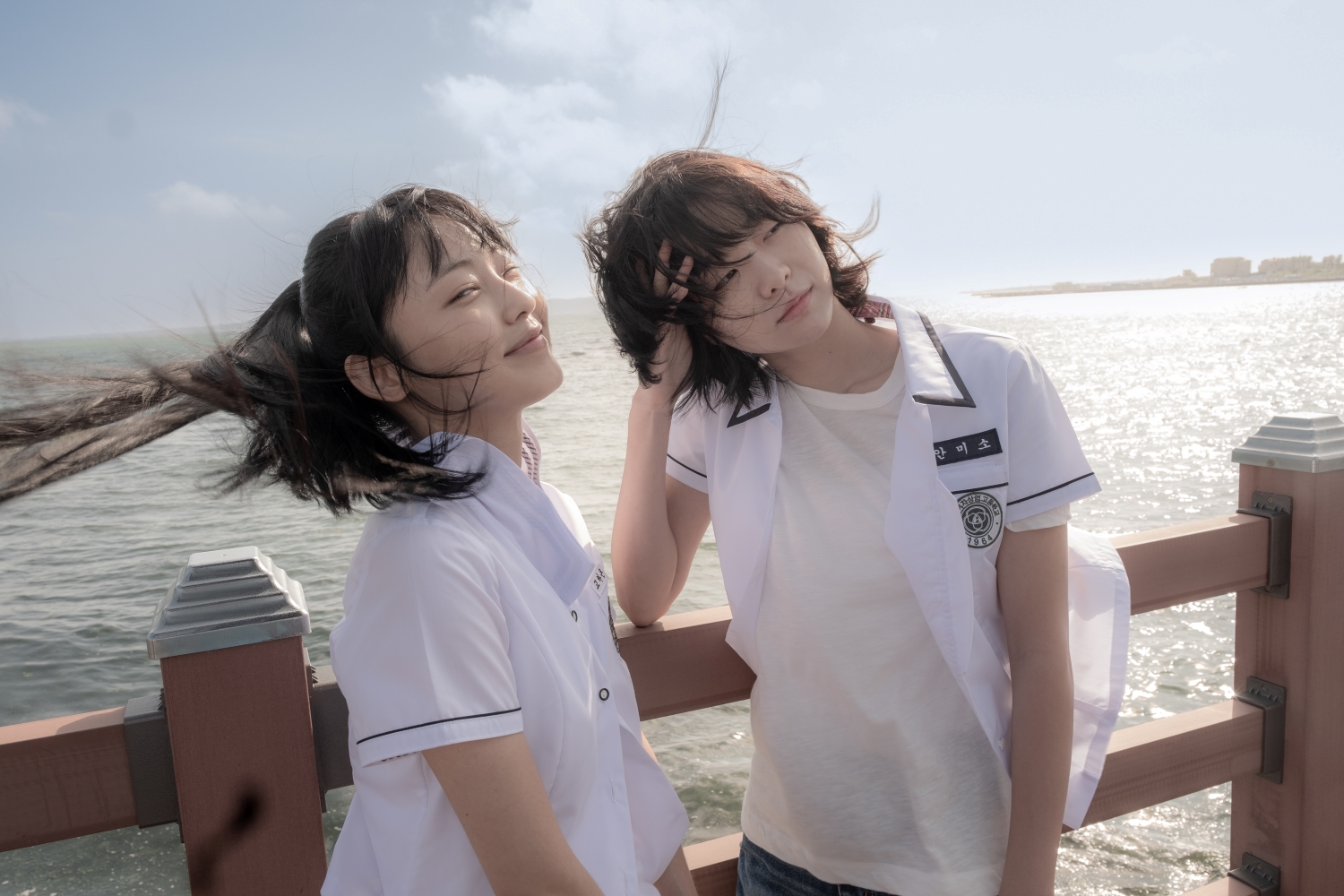
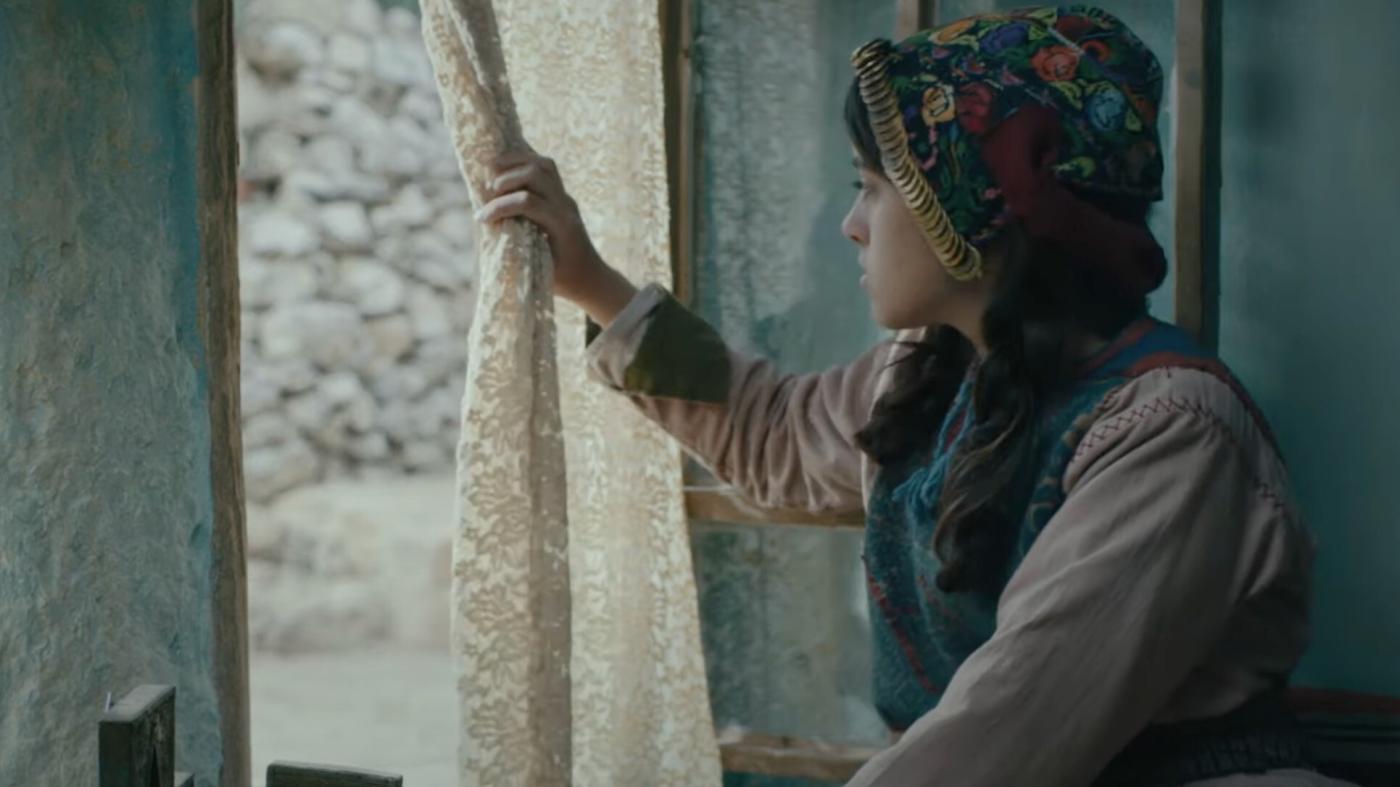
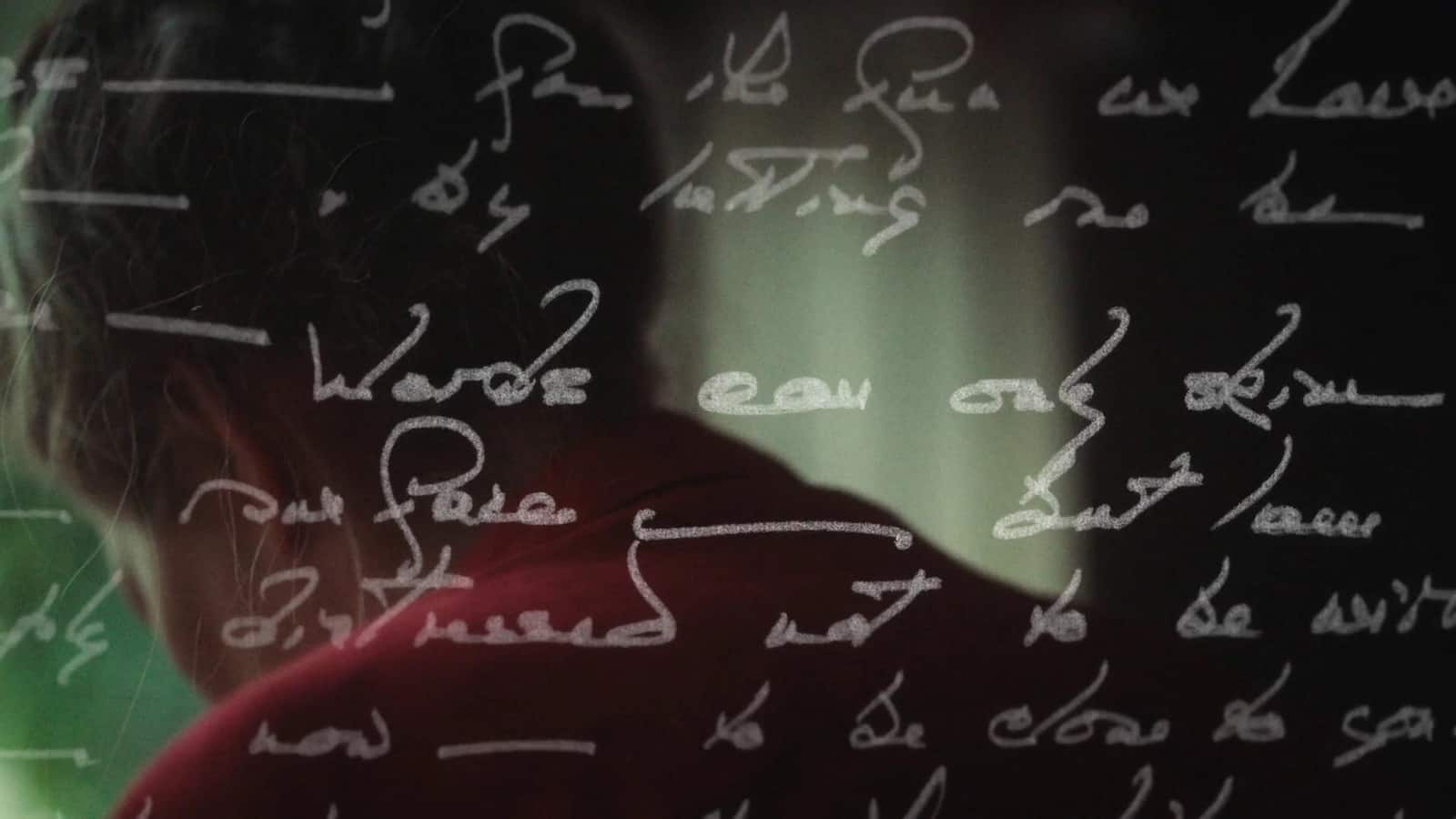
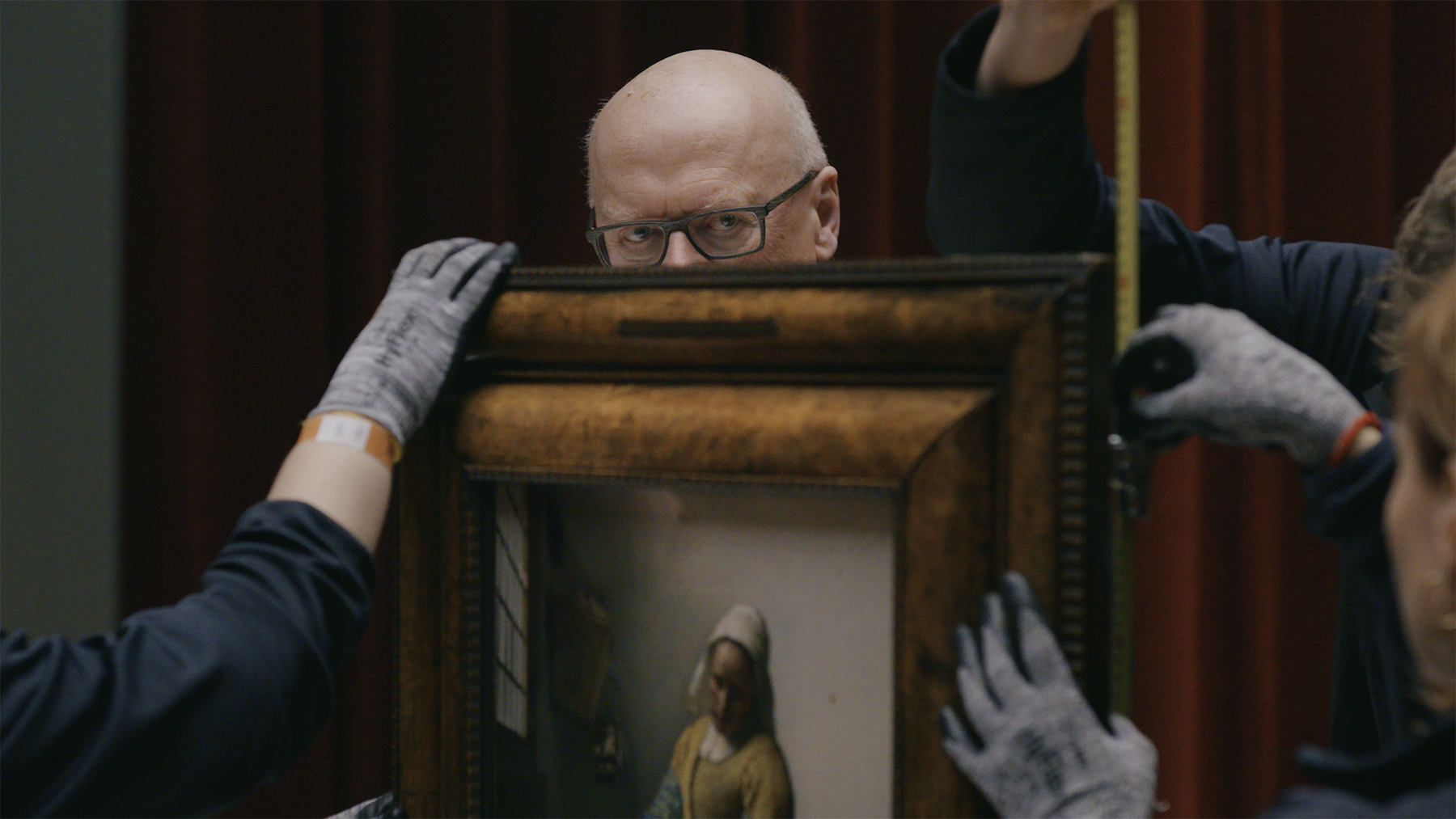
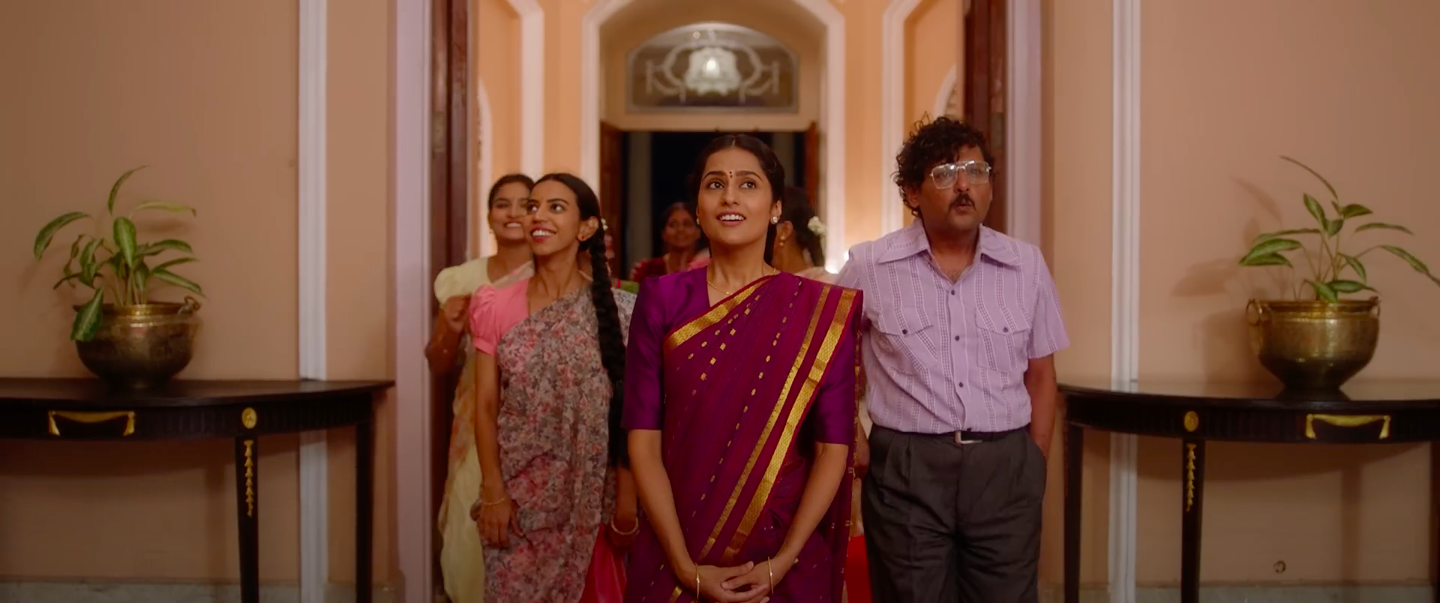


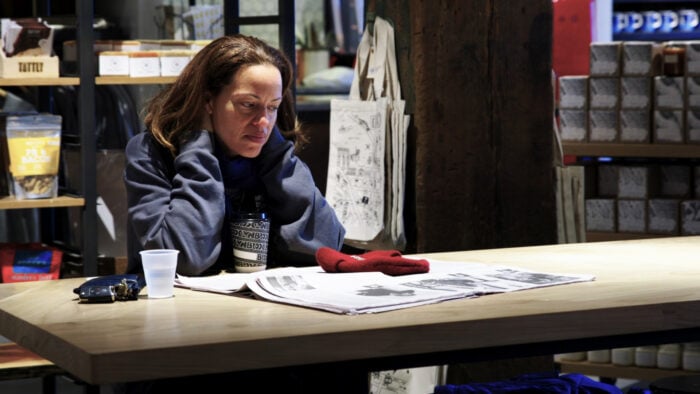
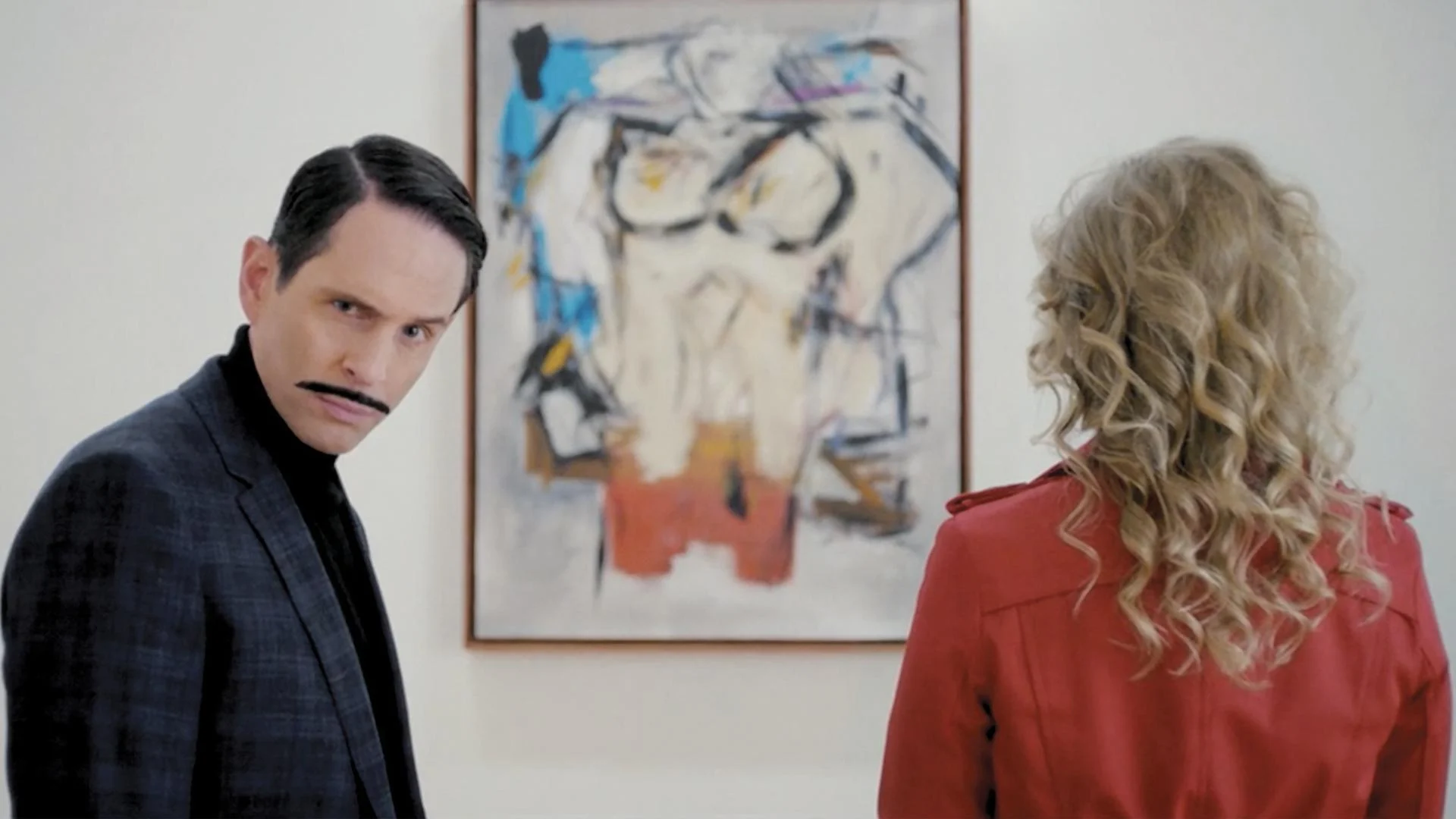
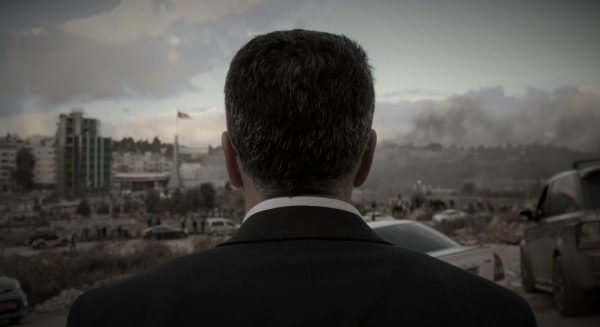
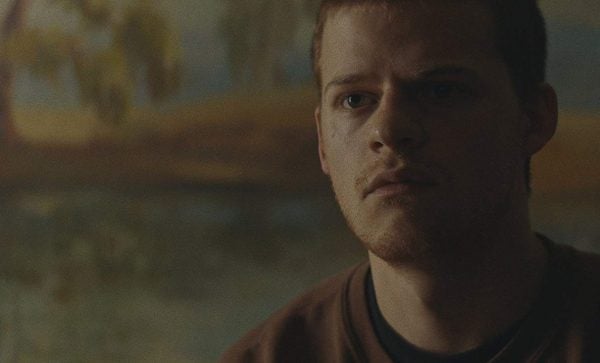
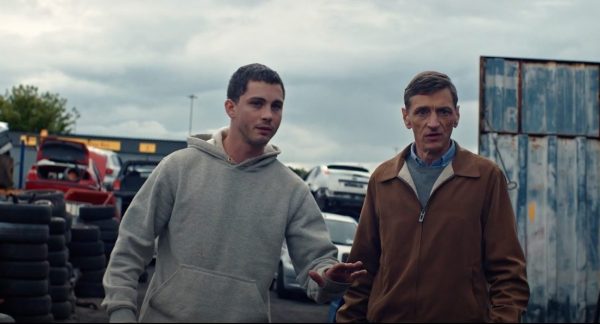


 x1
x1









